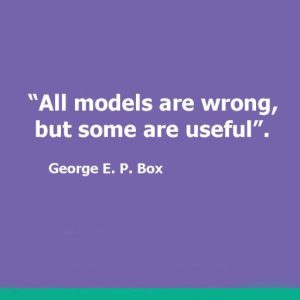The shadow self is a concept introduced by Carl Jung. It refers to the part of ourselves that we keep hidden, either because they are socially unacceptable, uncomfortable, or otherwise deemed undesirable. These aspects of ourselves may include repressed emotions, desires, and traits not fully acknowledged or accepted.
Jung believed that the shadow self exists in everyone and that recognizing and integrating it is a crucial part of personal growth and self-awareness. By confronting and understanding these hidden aspects, we can achieve greater psychological balance and develop a balanced sense of who we are.
This part of us isn’t necessarily negative; it can contain valuable insights and potential for growth. For instance, repressed creativity or unacknowledged strengths might be part of the shadow. Jung suggested that integrating the shadow involves exploring these hidden parts without judgment, which can lead to more authentic and fulfilling experiences.
In practice, working with the shadow self might involve self-reflection, therapy, or engaging in activities that encourage self-discovery and acceptance. By addressing these hidden aspects, individuals can contribute to greater self-understanding and lead more balanced lives.



